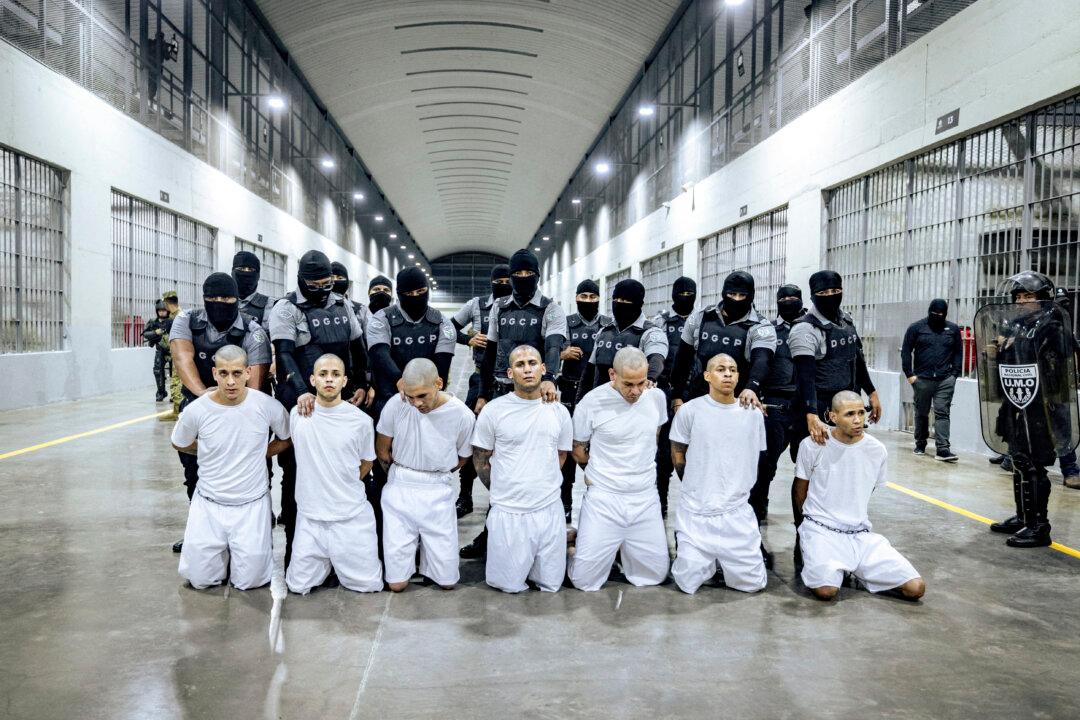A federal judge has temporarily restrained the Trump administration from removing individuals from the Southern District of Texas as part of the president’s attempt to deport Venezuelan gang members under the Alien Enemies Act.
U.S. District Judge Fernando Rodriguez said in his April 24 order that absent emergency relief, “a substantial likelihood exists that the [administration] will remove individuals whom the [administration] may claim are subject to the Proclamation and to removal under the Alien Enemies Act.”





